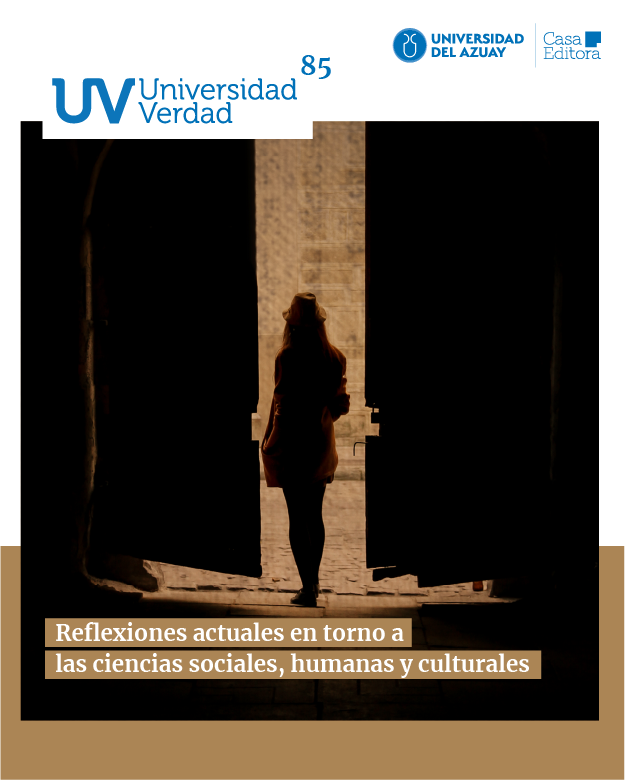CREATIVIDAD Y AMPLITUD DE SENTIDOS EN LA LECTURA Y EN LA ESCRITURA
DOI:
https://doi.org/10.33324/uv.vi85.873Palabras clave:
Lectoescritura, amplitud de sentidos, pensamiento, capacidad dialógica, atenciónResumen
El presente trabajo analiza, de manera descriptiva y argumentada, la forma en la que el lector conduce su formación personal, a las páginas de los textos que está leyendo; se trata de un acorde o acomodo vivencial en que la creatividad, la imaginación y la amplitud de sentidos, se asocian a elementos axiológicos, cognitivos y lingüísticamente asumidos desde la más viva rutina de la cotidianidad. Este proceso lo encamina a pensar, a razonar y a emocionarse, no solo para comprender literalmente, sino para leer entre líneas y más allá de ellas; sobre todo cuando se trata de bucear en el fondo de la concepción ideológica que el autor desparrama en el texto y más allá de él, de manera especial en los textos de corte social, artístico, cultural, religioso y humanístico. De manera que la palabra, en sus múltiples variantes idiomáticas, es parte de la naturaleza del ser humano. Por extensión, la lectura, a través de un texto, debe ser consustancial con la finura que el espíritu humano es capaz de desarrollar individualmente, desde una adecuada motivación
estética y el recorte micropolítico que se aplique para saborear la profundidad de la palabra encarnada y leída, proactiva, recreativa y apasionadamente.
Palabras clave: Lectoescritura, amplitud de sentidos, experiencia compleja, pensamiento, capacidad dialógica, atención.
Abstract
The present work analyzes, in a descriptive and argued manner, how the reader brings his personal training to the pages of the texts he reads; it is an experiential accord or accommodation in which creativity, imagination, and expansiveness of the senses are combined with axiological, cognitive, and linguistic elements taken from the most vivid routine of everyday life. This process leads you to think, to reason, and to get excited, not only to understand literally but to read between the lines and beyond them, especially when it comes to diving into the depths of the ideological conception that the author spreads in the text and beyond it, especially in texts of a social, artistic, cultural, religious and humanistic nature. Thus, the word in its multiple idiomatic variants is part of the nature of the human being; by extension, reading, through a text, must be consubstantial with the fnesse that the human mind is capable of developing individually from an adequate aesthetic motivation and the micropolitical cutof that is applied to savor the depth of the word embodied and read proactively, recreationally and passionately.
Keywords: Literacy, breadth of senses, complex experience, thought, dialogic capacity, attention





